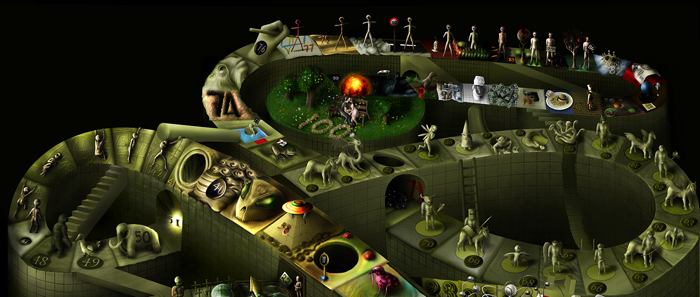Paper: Videogames as Myth Reconstructions
To associate myths with computer games may at first appear as nonsense, as a random connection between two concepts that loosely stand together. Firstly, because myths are most of the times treated as “cultural realities” that belong to a “traditional and archaic society” (Eliade, 1963:120). Secondly, because computer games are products that emanate exclusively from contemporary society, they represent the ultimate form of digital entertainment and cyber-reality expression. The two concepts seem separated not only by time or space, but by the very nature of the human societies that create them. In my project I will try to build a coherent link between the two apparently incompatible terms and, at the same time, I will try to obeserve this link on some of the most thorough games of all time, Bioshock and the “indie genre darling” Braid.









